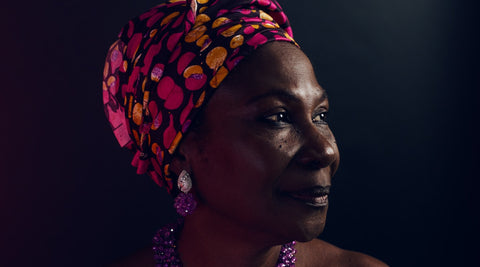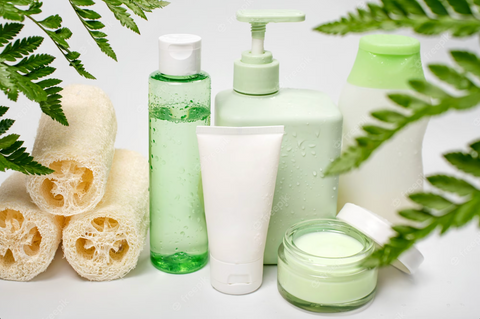Ageing is a privilege not afforded to everyone, but it isn’t always easy. For women, it means massive physical and emotional changes whilst experiencing menopause.
When people think of menopausal changes, they typically think of hot flashes, mood changes and impacts on your fertility. One of the lesser-known effects of menopause is its impact on the skin. As women age, our bodies go through a variety of changes, including hormonal shifts that can impact the health and appearance of our skin. During menopause, the body's production of estrogen decreases significantly, leading to a range of physical and emotional changes.
It’s totally normal to experience changes in your skin during menopause, such as increased dryness, itchiness, redness and even wrinkles. These effects are caused by a combination of factors, including the decrease in estrogen, as well as the effects of ageing, pollution and sun exposure.
During the menopausal years, our skin may become more sensitive to environmental factors such as sun exposure, pollution, and extreme temperatures. This can exacerbate existing skin issues, as well as lead to the development of new ones. For instance, some women may experience an increase in fine lines and wrinkles, while others may develop age spots or uneven skin tone.
However, it is very possible to maintain healthy, vibrant skin throughout this time. To do so, women should focus on a few key skincare practices. First, it's important to stay hydrated by drinking plenty of water and using moisturizers that hydrate and nourish the skin. Additionally, using UV protection every day, even on cloudy days, will help protect the skin from the damaging effects of the sun.
In addition to following these essential skincare principles, using a variety of more specialised skin care products can help target personal areas of irritation and concern. For instance, some women may benefit from using skincare infused with Niacinamide to help strengthen the skin barrier. A strong skin barrier allows for higher protection from sun damage and pollution whilst locking in moisture. Other vitamins such as Vitamin C and E are also useful to help even skin tone and protect sensitive skin from the elements. Zinc oxide can also be effective for changing skin, as it helps to manage the appearance of redness whilst protecting skin from further irritation.
In conclusion, menopausal skin is a common aspect of the female ageing process, but that doesn’t mean that it should be overlooked or simply just accepted. Experiencing skin changes can be intimidating and overwhelming, especially if you don’t know how to help soothe your skin. Products like Vive are made by women who understand how challenging this change can be. While it is normal to experience changes in the skin during menopause, women do not have to simply accept these changes as inevitable. By adopting a targeted skincare routine and using effective products, women can look and feel their best at any age.




